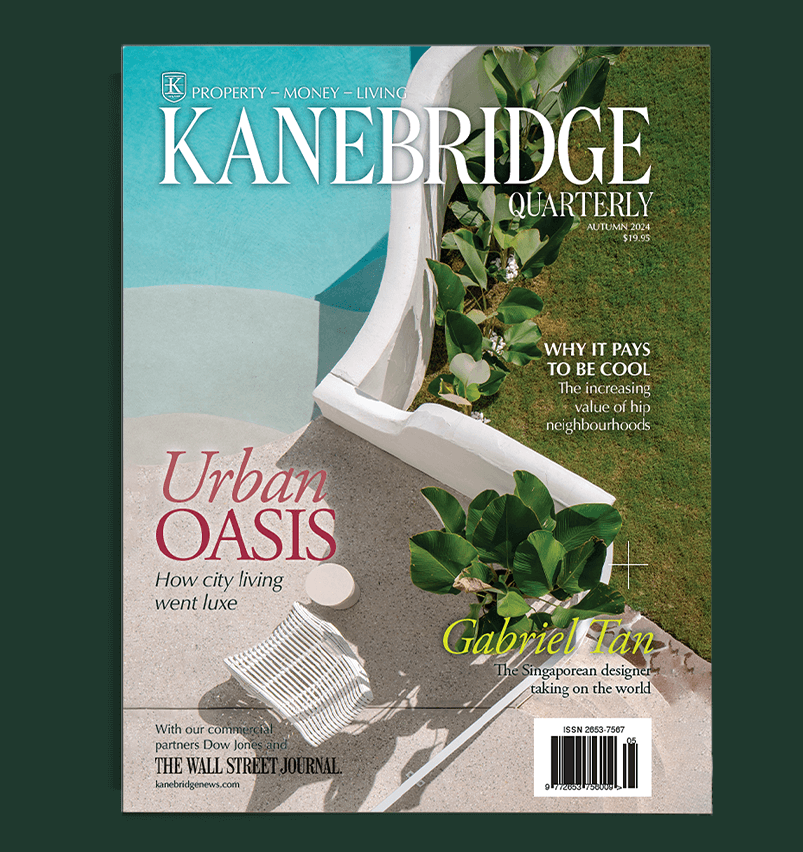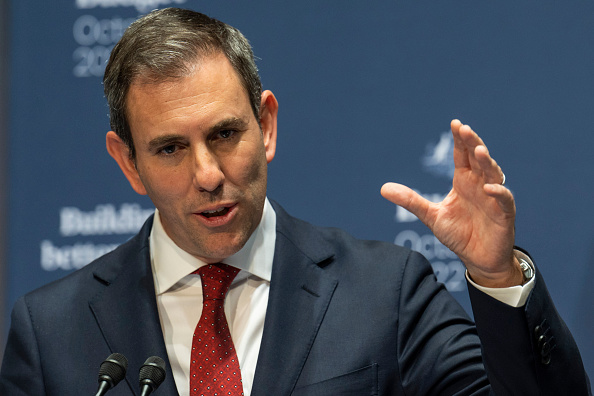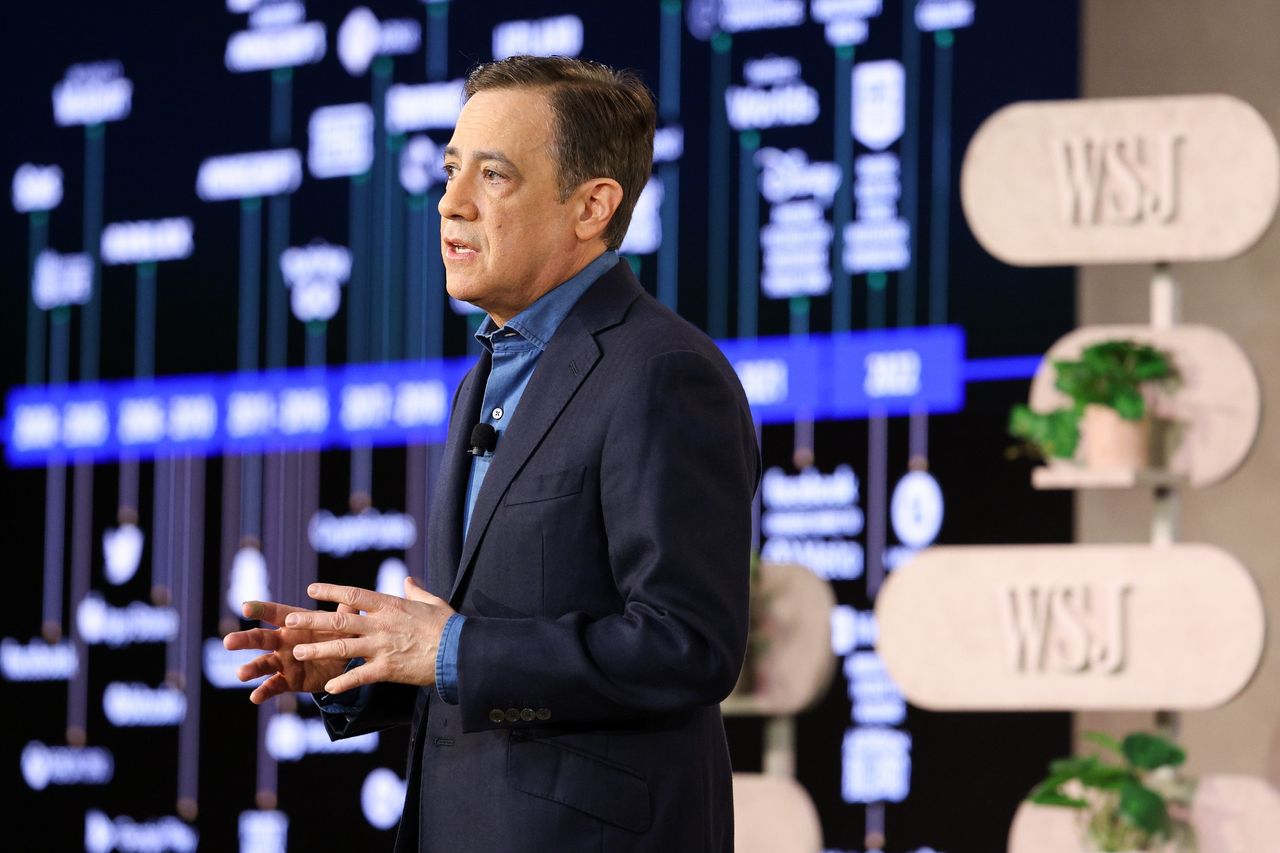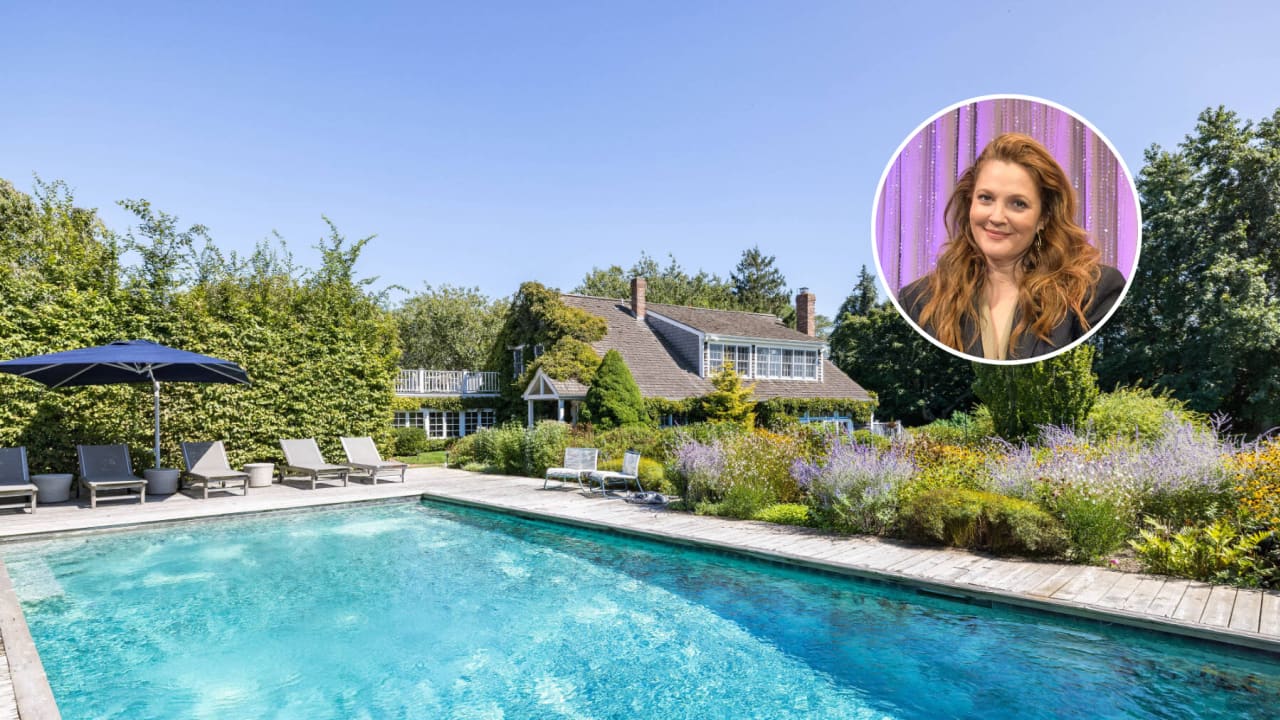Incognito Mode Isn’t Doing What You Think It’s Doing
Private browsing, for one thing, may be giving holiday shoppers a false sense of privacy
There is an urban myth that says online shoppers who doggedly search for certain items on the web get tagged by algorithms that then cause them to see higher prices than others shopping for those same items.
The solution for many people: They choose private mode on their web browsers, believing that cloaking their identity can help them get better prices.
But while such “private” settings as Google Chrome’s Incognito mode or Apple’s Safari private browsing mode do offer some benefits, getting a better price isn’t one of them.
“All these private modes do for shoppers is basically erase your search history from the device you’re on and prevent the browser from using your cookies to see your browsing activity across different sites,” says Benjamin Barrontine, vice president of executive services at 360 Privacy, a company that specialises in protecting clients’ digital identity. This is a great feature if you share a laptop with your children and you want to hide the presents you’re purchasing for them, but companies’ pricing is typically based on a number of factors—timing, location, how much an item in that category’s company paid to rise to the top of your search results—that don’t have to do with you personally or how often you search for a product.
A Google spokesperson confirms that cookies, or information stored on your device, are remembered in the current Chrome browsing session while in Incognito mode but then deleted immediately after closing out the session. If you return in Incognito mode to make the purchase, the websites will see you as a new user and won’t remember what you left in your cart. You essentially have to start your search anew, but with the benefit of blocking anyone who shares that device from seeing what you were researching.
Ultimately, experts say, private modes give shoppers a false sense of anonymity and a feeling that they are gaming the system, when all they are doing is hiding past searches. “You should know that your internet-service provider and even your network administrator at work, if you’re searching on a work device or network, may still see what you’re searching,” says Barrontine. “Private mode is not so private, after all.”
In fact, the big tech companies most likely know with near certainty who it is that is doing this supposedly secret searching, even in private mode.
“When you go on to Amazon.com in private mode and search for a bathrobe, even if you’re not logged into the site, Amazon is 99.9% sure of who you are because of the digital fingerprint they’ve developed for you over time,” says Ken Carnesi, chief executive and co-founder of DNSFilter, a software firm that protects companies from attacks at the domain name system level. That’s because Amazon would still know how you arrived at its site based on the link you clicked, your IP address, your ZIP Code, many of your preference settings and loads of other device-specific attributes. A company spokesman declined to comment.
The tech firms may not know that it is specifically you scouring their sites, but they’d know the search came from your home, which operating system you’re using, which language is your default and other details that point to you.
“That’s why, even when you’re not in private mode later on, if you didn’t close out that private window, you may still see bathrobes being pitched to you,” Carnesi says. “All the tracking is likely still passed through to the company who paid for the ad you clicked on.”
Contrary to popular belief, pricing for highly fluctuating, big-ticket items isn’t impacted by private searches, says Kevin Williams, an associate professor at the Yale School of Management who recently published a paper looking at airlines’ methods of dynamic pricing. Williams says in the case of plane tickets, “Airline pricing doesn’t take into account any of your personal information except location,” as in the country of origin. Using a virtual private network (VPN) can obfuscate your device’s physical location, and may turn up a better fare, but might require some trial and error, Williams says.
There are some additional benefits for shoppers to using private mode, beyond hiding your searches from prying eyes. The search bar won’t auto-fill with prior searches, so you can start anew every time you open a new private window and not fall down an old rabbit hole. You can keep your searches private on a public device or borrowed computer. And you can use a credit card that will later be wiped so your children won’t have access to funds without permission.
For true privacy, consider shopping through a search engine like Brave.com, which doesn’t ever track your searches or your clicks. “Unlike with other search engines, you and your data are not the product here,” Carnesi says. And your partner will never know about that bathrobe you forgot to actually purchase.
 Copyright 2020, Dow Jones & Company, Inc. All Rights Reserved Worldwide. LEARN MORE
Copyright 2020, Dow Jones & Company, Inc. All Rights Reserved Worldwide. LEARN MORE
This stylish family home combines a classic palette and finishes with a flexible floorplan
Just 55 minutes from Sydney, make this your creative getaway located in the majestic Hawkesbury region.
The budget is being framed ahead of a federal election expected to be held in early 2025
SYDNEY—Australian Treasurer Jim Chalmers will deliver the government’s 2024-2025 federal budget next Tuesday amid concerns that strong revenue growth will tempt him toward a jump in spending, stoking the case for higher interest rates.
Economists expect Chalmers to announce a budget surplus for 2023-2024, supported in part by high commodity prices and strength in the job market, with unemployment continuing to hover near its lowest level in half a century.
The question on the lips of the governor of the Reserve Bank of Australia, Michele Bullock , will be how much of that revenue will flow back into the economy by things like added measures aimed at easing a cost-of-living surge for consumers.
Bullock told reporters Tuesday that the RBA’s board had considered a further rise in interest rates, sending a shot across the bow of the center-left Labor government ahead of the budget.
The budget is being framed ahead of a federal election expected to be held in early 2025.
The public acknowledgment of the RBA board’s discussion of what would be a 14th interest-rate rise in two years signaled that the central bank has grown more concerned about the inflation outlook after first-quarter data came in above its own expectations.
Economists have warned that the RBA isn’t even close to a decision to cut interest rates, and the more likely outcome at the moment is that the central bank will need to tighten the policy screws further before the end of this year.
“The challenge fiscal policymakers face is that although they are flush with revenue, a cautious approach ought to be taken to additional spending because the economy is still operating at full employment, and inflation is still too high,” said Paul Bloxham, chief economist at HSBC Australia.
“Loosening fiscal policy settings at this point could mean that monetary policy would need to be tightened further yet—or that rates need to be higher for longer,” he added.
The RBA is conscious of the fact that significant income tax cuts will be delivered midyear and that they target low- and middle-income earners, who are more likely to spend added income than save it.
The government has already signalled its plans to spend in the area of subsidies for local manufacturing, including for the production of solar panels.
In addition, the budget will focus on business tax incentives, increased defence spending, funding for domestic violence support, changes to student debt policy and infrastructure.
Chalmers has played down the risk over the budget stoking the flames of inflation.
“It will be a responsible budget, a restrained budget, and it will maintain our focus on that inflation fight,” he said Thursday in a radio interview.
“There will be help for people with the cost of living, but we’ll make sure that that cost-of-living help is part of the solution and not part of the problem when it comes to inflation,” he added.
A risk that the RBA will also be alert to is the probability that the government will hold back some of its revenue gains to support added spending closer to the election.
Josh Williamson , chief economist at Citi Australia, said Chalmers will likely push new spending into the future to avoid overheating the economy now.
“The government does not want to be seen promoting policies that add to the risk of further policy tightening,” he said.
This suggests that new spending will be pushed into the government’s forward budgetary projections, while measures that directly reduce inflation could be announced virtually immediately, Williamson added.
This stylish family home combines a classic palette and finishes with a flexible floorplan
Consumers are going to gravitate toward applications powered by the buzzy new technology, analyst Michael Wolf predicts























